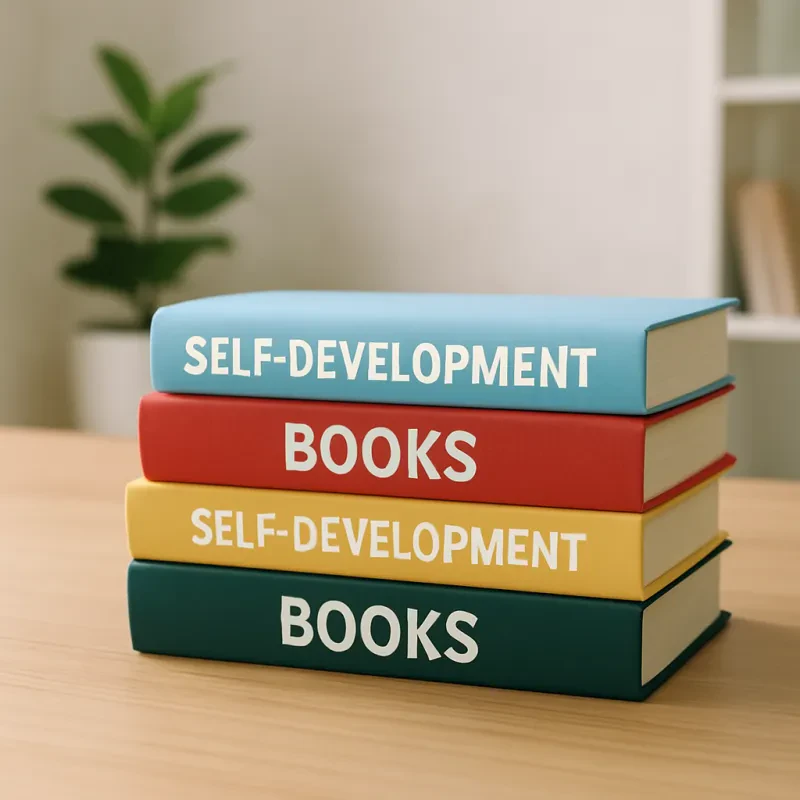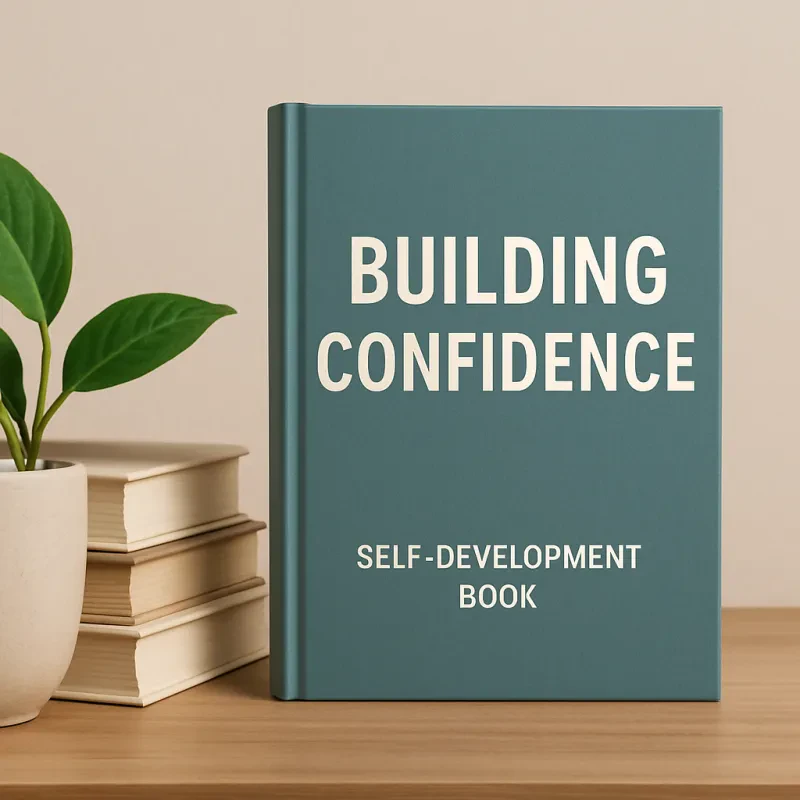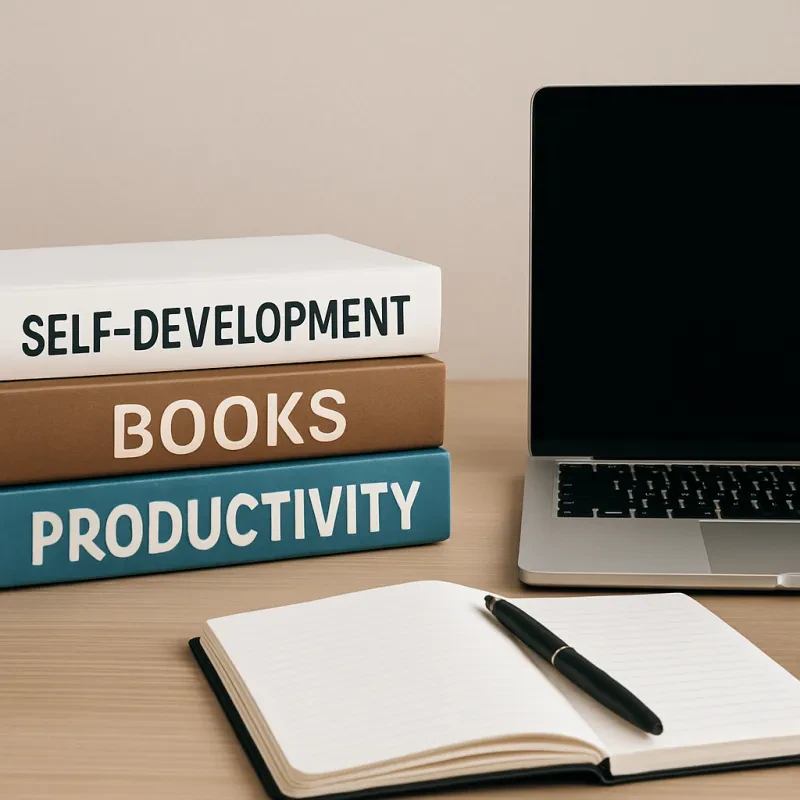Even When Alone, I Am Whole: Cultivating Self-Sufficiency and Inner Peace
Feeling like you're not enough can be tough. Many have felt incomplete without others around, chasing validation from friends, family, or social media. However, wholeness lies within us, waiting to be discovered. This article explores how true fulfillment springs from inner peace and self-acceptance, regardless of our circumstances.
Understanding Wholeness: Beyond External Validation
Defining Wholeness
Wholeness isn’t about having it all together or being perfect. It’s about accepting yourself fully, flaws and all. Research shows a strong link between self-acceptance and happiness. When we love ourselves, we build a foundation that helps us navigate life with confidence and joy.
The Illusion of External Validation
Many rely on external cues—likes on social media, compliments, or relationships—to feel validated. But this dependence can stunt personal growth. Studies reveal that heavy social media users often experience increased feelings of loneliness and anxiety. Relying on others for validation can trap us in a cycle of neediness, preventing real inner peace.
Shifting the Focus Inward
To truly feel whole, it’s crucial to turn our focus inward. Self-reflection allows us to understand our thoughts, feelings, and values better. This process nurtures resilience and cultivates a deeper connection with ourselves.
Cultivating Self-Love and Acceptance
Practicing Self-Compassion
Self-compassion is treating yourself with kindness during difficult times. It means recognizing that everyone struggles. Here are some tips on how to practice it:
- Self-Soothing Techniques: Engage in activities that make you feel relaxed, like reading or taking a bath.
- Positive Self-Talk: Replace harsh criticisms with encouraging words. Instead of saying, "I messed up," say, "I’m learning."
Identifying and Challenging Negative Self-Talk
Recognize negative thoughts for what they are. Challenge them with evidence. For instance:
- Negative: "I’m not good enough."
- Counterpoint: "I have strengths and accomplishments that prove I am enough."
Embracing Imperfections
Accepting your flaws is essential. Everyone has imperfections. They are part of what makes us human. By embracing them, you let go of the need for perfection and open yourself to growth and self-love.
Finding Joy in Solitude
The Benefits of Alone Time
Solitude offers many benefits. It can boost creativity, self-awareness, and reduce stress. Research indicates that spending time alone enhances problem-solving skills and fosters innovation.
Activities for Cultivating Solitude
Explore activities that promote introspection:
- Journaling: Write down your thoughts and feelings.
- Meditation: Even a few minutes daily can enhance focus and reduce anxiety.
- Nature Walks: Enjoying the outdoors can rejuvenate your spirit.
- Pursuing Hobbies: Dive into activities you love to deepen self-discovery.
Differentiating Solitude from Isolation
Solitude is a choice. It fosters growth and self-discovery. Isolation, however, often brings loneliness and sadness. Choosing to spend time alone can boost your well-being, while feeling forced into isolation can harm it.
Building Resilience and Self-Reliance
Developing Coping Mechanisms
Facing tough emotions can be challenging. Here are some strategies:
- Deep Breathing: A simple technique to calm your nerves.
- Mindful Reflection: Analyze your feelings without judgment.
Setting Boundaries and Saying No
Healthy boundaries protect your space. Learn to say no when necessary. It helps you avoid burnout and people-pleasing behavior.
Prioritizing Self-Care
Self-care isn’t a luxury; it's essential. Make time for practices that recharge you. Consider:
- Exercise: Regular movement boosts mood and energy.
- Healthy Eating: Nourish your body for better mental clarity.
- Sleep: Quality rest is crucial for emotional resilience.
Nurturing Inner Peace Through Mindfulness
Introduction to Mindfulness Practices
Mindfulness meditation involves focusing on the present moment. It can help reduce stress and enhance well-being.
Mindfulness Techniques for Everyday Life
Incorporate mindfulness into your daily routine:
- Mindful Breathing: Take a few moments to focus on your breath.
- Body Scans: Recognize areas of tension and consciously relax them.
The Role of Gratitude in Inner Peace
Gratitude connects us to the positive aspects of life. Keep a gratitude journal, noting three things daily that you appreciate. This simple practice helps foster joy and peace.
Conclusion
Wholeness is an internal state, not determined by others. Embrace self-love and self-acceptance to find true fulfillment. Cultivating mindfulness is key to achieving inner peace. Remember, you are whole, just as you are. Embrace your authentic self and lead a fulfilling life, even in solitude.



